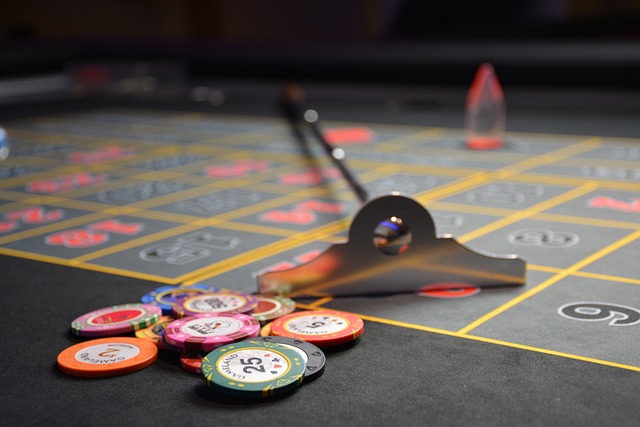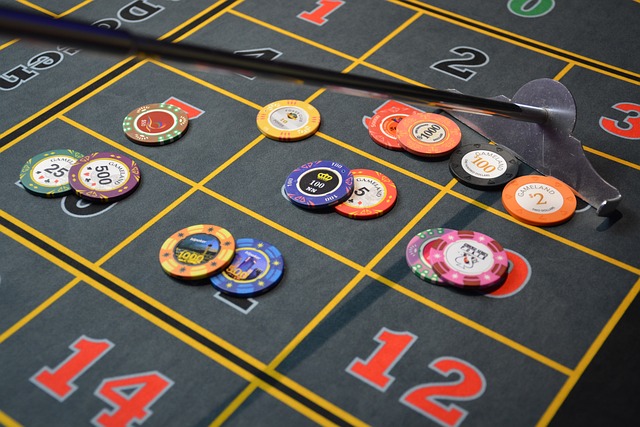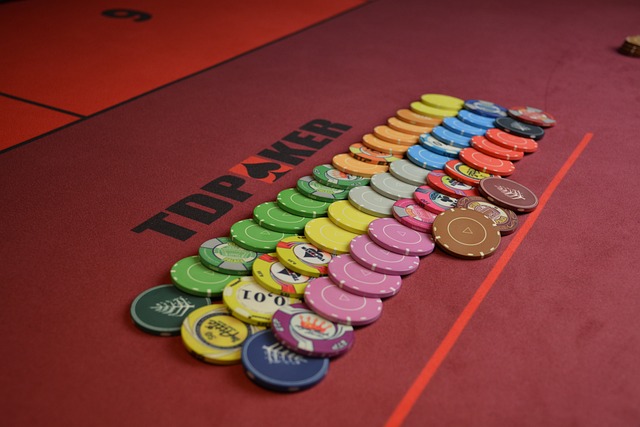Gambling can be an exciting and enjoyable form of entertainment when practiced responsibly. But for some, the line between fun and risk blurs over time, leading to harmful behaviors. Problem gambling doesn’t usually begin with major losses—it often starts with small, subtle changes in attitude, emotion, and behavior. Recognizing the early signs of gambling problems is crucial to taking timely action before the issue escalates. Whether for yourself or someone close to you, awareness can make all the difference in staying in control.
Losing Track of Time and Money
One of the most common early indicators of problem gambling is spending more time and money than originally planned. A casual player may start extending sessions longer than intended or continuously increasing bet sizes to chase previous losses. They may also find it hard to stop even after several losing rounds, promising to quit “after just one more spin.”
Tracking your play habits is essential. If you often find yourself surprised by how much time has passed—or how much you’ve wagered—you might be drifting into dangerous territory.
Gambling to Escape Stress or Emotions
Using gambling as a coping mechanism for stress, loneliness, boredom, or depression is another red flag. People in the early stages of problem gambling often seek emotional relief from the activity rather than entertainment. When betting becomes a go-to response for emotional discomfort, it can spiral into dependence.
Healthy gambling habits are rooted in fun and leisure. If you find yourself turning to casinos, sportsbooks, or slots every time you’re upset or anxious, it’s a sign that gambling is beginning to take on an unhealthy role in your life.
Hiding Gambling Activity

Secrecy is a major early warning sign. If a person starts hiding their betting habits from friends or family, making excuses about where money is going, or minimizing the extent of their gambling, it may signal growing shame or guilt. This is especially concerning when combined with borrowing money, maxing out cards, or dipping into savings to continue playing.
Being honest about your gambling activity—with yourself and others—is a key part of maintaining control. When you feel the need to lie or cover up how much you’re gambling, it’s time to reassess your relationship with it.
Constantly Thinking About Gambling
Obsessive thoughts about gambling—whether planning the next bet, reliving past wins, or daydreaming about big payouts—can also signal early addiction. When gambling dominates your mental space, it often means that the activity is becoming more than just a hobby.
In this phase, some people lose interest in other activities they once enjoyed, preferring instead to spend all their free time placing bets. This change in focus can slowly isolate individuals from social and professional responsibilities.
Chasing Losses to Get Even
The belief that you can win back what you’ve lost by continuing to bet is one of the core dangers of problem gambling. Known as “chasing losses,” this behavior leads to riskier bets, deeper losses, and emotional exhaustion. Instead of accepting a loss and walking away, the gambler tries to “make it right” by doubling down.
In reality, chasing rarely works out and often creates a cycle of frustration and further loss. Recognizing when this mindset begins to take hold is critical for breaking the pattern early.
Irritability or Restlessness When Not Gambling
Emotional symptoms such as irritability, restlessness, anxiety, or even anger when not gambling are often overlooked but important signs of psychological dependence. Just like other forms of addiction, withdrawal symptoms can emerge when a gambler tries to cut back or stop.
If you notice mood swings or discomfort in the absence of gambling, it’s worth examining whether the activity has become a compulsive need rather than a chosen pastime.
Denying There’s a Problem
One of the final and most telling signs of early problem gambling is denial. Gamblers may downplay the financial impact, dismiss concerns from loved ones, or insist they can stop anytime—despite evidence to the contrary.
Acknowledging the possibility of a problem is often the hardest but most vital step in addressing it. If you catch yourself getting defensive or resistant when the topic arises, consider whether you’re trying to protect the habit more than your well-being.
Proactive Steps to Take

If you recognize any of these signs in yourself or someone else, early intervention is key. Here’s what you can do:
- Set strict time and money limits before you begin gambling
- Take regular breaks and avoid gambling when upset or emotional
- Use self-assessment tools provided by most reputable gambling sites
- Enable features like deposit caps, play time reminders, or self-exclusion tools
- Talk to someone—whether it’s a friend, therapist, or gambling support organization
Most importantly, don’t wait for the problem to worsen. The earlier you act, the easier it is to regain control.
Final Thoughts
Recognizing the early signs of problem gambling is not about labeling or judgment—it’s about staying aware, informed, and in charge of your decisions. Whether you’re a casual player or a regular bettor, understanding these warning signs allows you to enjoy gambling as a fun activity, not a harmful compulsion.
With the right awareness and tools, you can maintain a healthy relationship with gambling and avoid the long-term consequences that unchecked habits can bring. Prevention starts with mindfulness—and that’s always a winning strategy.
